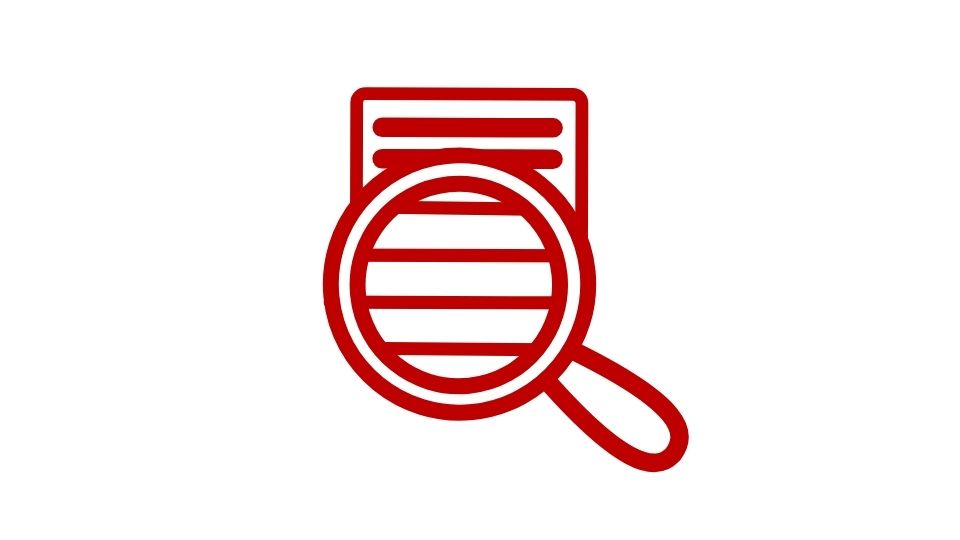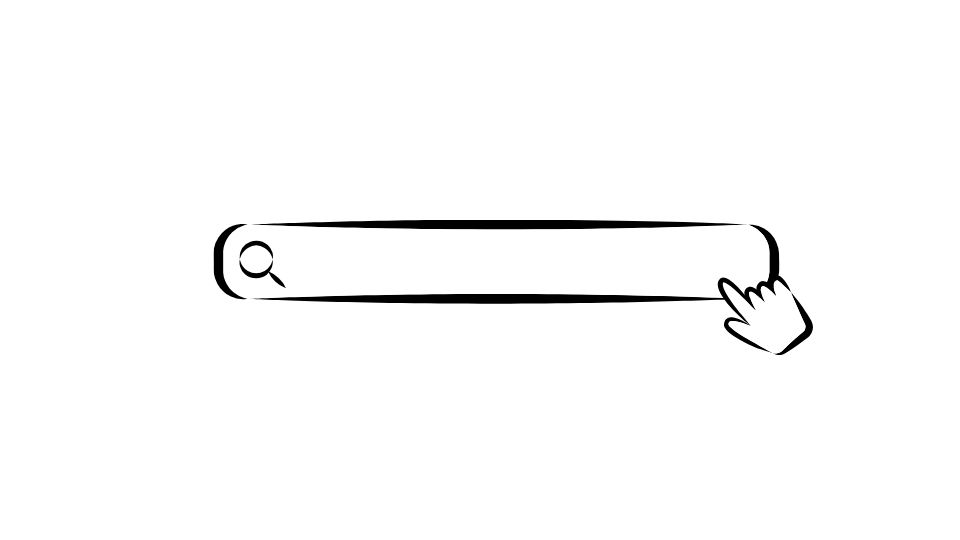Can You Get Addicted to Protein Powder?

Most of us think of protein powder as a harmless gym buddy. Just pour it in your shaker, give it a few good shakes, and sip your way to those #gainz.
But could your post-workout shake actually have you hooked in ways you haven’t considered?
While protein powder doesn’t rewire your brain like cocaine or nicotine, some people develop what looks suspiciously like dependence. Let’s dive into whether that tub of whey on your counter is just a supplement or something more complicated.
Is Protein Powder Actually Addictive?
The short answer: Chemically? No. Psychologically? Maybe.
Unlike substances that hijack your brain’s reward pathways, protein powder doesn’t cause physical addiction. But that doesn’t mean you can’t develop a psychological dependence on it—especially if you’re chasing specific body goals.
Research shows a connection between protein supplements and body image issues. One 2022 study found a whopping 63.1% of young males using whey protein powder, with those using multiple muscle-building supplements more likely to show symptoms of muscle dysmorphia.
What’s muscle dysmorphia? Think of it as “reverse anorexia” — where no matter how jacked you get, you always see yourself as small and weak. This condition can drive behaviors that look eerily similar to addiction: obsessive supplement use, rigid exercise routines, and intense distress if you miss a protein shake.
Why Do Some People Feel “Addicted” to Protein Powder?

The Psychology Behind the Scoop
The ritual becomes the reward
When that protein shake becomes part of your identity as someone who’s “serious about fitness,” skipping it can feel like failure. The ritual itself—mixing your shake after a workout—becomes psychologically reinforcing.Social pressure is real
Walk into any gym and you’ll hear it: “You taking anything? Gotta get that protein in within 30 minutes!” Fitness culture normalizes supplement use, making you feel like you’re missing out if you’re not scooping something.Physical symptoms that mimic withdrawal
Some people report headaches or mood changes when they stop using protein powder. These aren’t withdrawal symptoms in the clinical sense but might be related to sudden dietary changes or even dehydration.
Health Concerns From Going Protein Crazy
It’s not just your mind that might be affected by excessive protein powder use. Your body has some things to say about it too:
Physical Risks of Overdoing It
Protein poisoning is a real thing (yes, seriously)
When protein makes up more than 35% of your total calories, you can experience symptoms like nausea, headaches, diarrhea, and even changes in heart rate. This condition, sometimes called “rabbit starvation,” happens when your body gets too much protein and not enough other nutrients.Those additives aren’t just for taste
Many protein powders come loaded with artificial sweeteners, preservatives, and other additives that can cause digestive issues, headaches, or allergic reactions. If you’re sensitive to these ingredients, daily consumption can leave you feeling pretty rough.Heavy metals aren’t just for rock concerts
Some protein powders have been found to contain trace amounts of heavy metals like arsenic, lead, and cadmium. While typically below dangerous thresholds, it’s something to be aware of if you’re consuming multiple servings daily.
Addiction vs. Habitual Use: What’s the Difference?

Let’s get technical for a moment. True addiction involves:
- Chemical changes in the brain
- Developing tolerance (needing more for the same effect)
- Physical withdrawal symptoms
- Continuing despite harmful consequences
Protein powder doesn’t tick these boxes on its own. But the behaviors around protein powder can definitely mirror addiction:
- “I can’t go a day without it”
- “I get anxious if I miss a serving”
- “I spend money I don’t have on supplements”
This is closer to compulsive behavior or psychological dependence, especially when tangled up with body image concerns or fitness obsessions.
Signs You Might Have an Unhealthy Relationship With Protein Powder
- You feel genuine anxiety or guilt if you miss a serving
- You’re prioritizing supplements over whole food sources
- You’re experiencing physical symptoms but continue using anyway
- You’re spending money you can’t afford on expensive protein products
- Your use is increasing over time without corresponding changes in activity level
Practical Recommendations (Without the Fear-Mongering)

I’m not here to make you dump your protein powder down the drain. For most people, protein supplements are a convenient, effective way to support fitness goals. But here are some reasonable precautions:
Keep it balanced
Protein powder should supplement a diet, not replace whole foods. Aim for most of your protein to come from food sources.Check your mindset
If you’re feeling dependent on supplements, it might be worth exploring why. Is it about convenience, or is it tied to deeper body image concerns?Monitor for side effects
Headaches, digestive issues, or other symptoms that appear after using protein powder shouldn’t be ignored.Buy quality products
Not all protein powders are created equal. Research brands that test for contaminants and are transparent about ingredients.
The Bottom Line

Protein powder itself isn’t addictive in the clinical sense, but the behaviors and psychology around its use can become problematic for some people.
Most of us can enjoy our protein shakes without worry. But if you’re feeling like you can’t function without it, or your supplement use is tied to anxiety about your body, it might be worth taking a step back to assess.
And remember—the dudes with the biggest muscles in history built them long before protein powder was on store shelves. It’s a tool, not a necessity.

